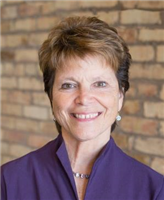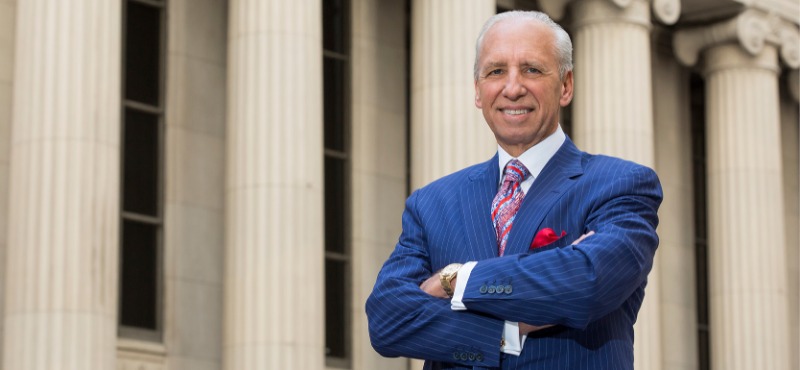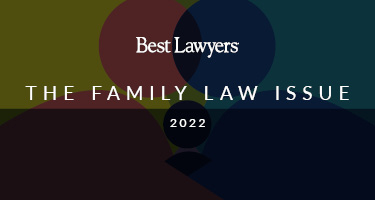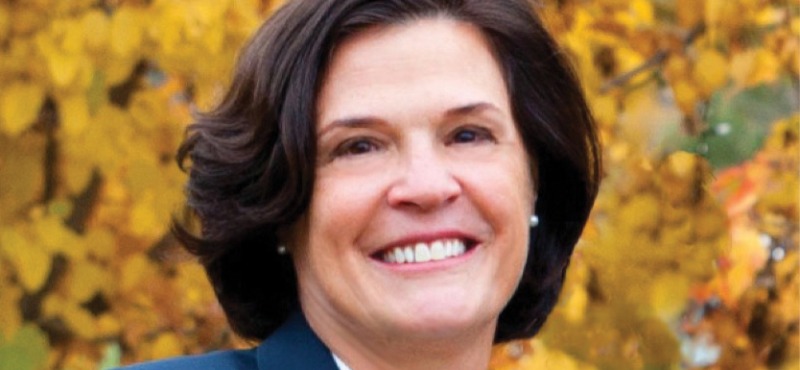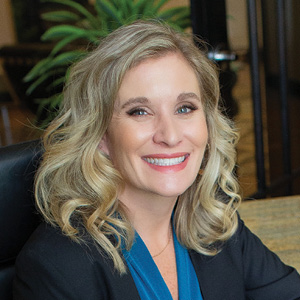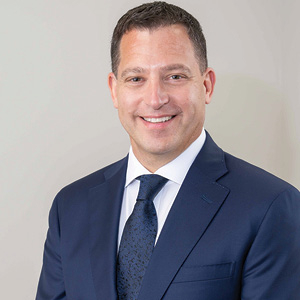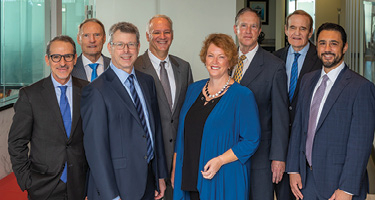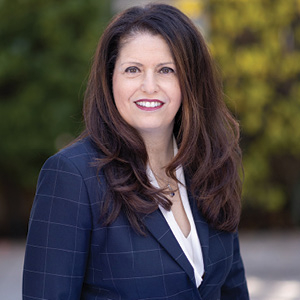The practice of family law today is drastically different than in decades past, when all parties—divorcing spouses in particular—would routinely hire lawyers to communicate, negotiate and litigate the entire case on their behalf. Twenty-five years ago, less than 10 percent of divorcés self-represented. In our home state of Wisconsin, by contrast, today an estimated 70 percent self-represent, and in some states, the figure is higher still.
There are a number of reasons for this. Many people see lawyers not as problem solvers but as agents of increased conflict and greater expense. Per-case fees have gone up; public funding for legal services has gone down. And the internet has fostered a do-it-yourself tendency in lieu of formal professional services—a spirit reinforced by readily available resources offering check-box templates online.
Changing family structure plays a part, too. More than ever, couples are choosing to have children without getting married, or opting to keep their finances separate. The rise in two-income households, whether the couple is married or cohabiting, contributes as well—individuals with separate property, separate earnings, and greater economic parity overall might see less need for legal assistance.
For some people, the DIY approach poses little risk. A short marriage with no kids, no real estate, no retirement funds, and no major income disparity can plausibly be unwound in the check-box realm. Most couples’ situation isn’t so straightforward, though. Too often we see people who don’t understand marital property, retirement assets, present and future value, tax effects, child-support formulas, and spousal maintenance/alimony. In these instances, DIY can be a costly risk leading to misinformed agreements and post-judgment litigation.
Changing Times, Changing Practices
To build a practice in the modern family-law environment, lawyers must adapt their business model to meet new demands. As such, many now offer services including mediation, collaborative practice, and limited-scope representation. They increasingly use social media to promote themselves, and offer alternatives to traditional retainer/hourly billing.
Mediation for parties representing themselves is newly popular. It builds a one-neutral-lawyer bridge between complete DIY and each party hiring an advocate, and it’s proving both efficient and cost-effective. Those who eschew lawyers for fear of conflict escalation or losing control of their case are generally more willing to enlist a single mediator to help them resolve disputes, support personalized negotiations, and navigate the court process, if any. Mediation also recognizes that most couples want a low-conflict, low-cost divorce and not a protracted courtroom dispute.
Wisconsin’s Supreme Court recognized the changing culture of family law by approving a petition for an ethics rule, effective July 1, 2017, applicable specifically to family actions. This trendsetting rule allows a lawyer—mediating for self-represented couples—to neutrally draft and file all legal documents with the informed consent of both parties. The Court addressed neutrality, competence, and mediators’ role, including restrictions on offering legal advice or advocacy.
Despite mediation’s many benefits, though, some clients need advice, not education from a neutral. They want an advocate but aren’t interested in the high costs and conflicts inherent to traditional litigation. Although both parties can always consult with an outside lawyer during mediation, other options—such as collaborative divorce and limited-scope representation—might sometimes be a better fit.
Collaborative divorce entails couples working with their lawyers to resolve, out of court, all family and financial issues. The lawyers, in turn, work with mental-health professionals and financial neutrals as needed to explore creative alternatives and help their clients formulate a comprehensive settlement that suits everyone. Instead of the positional negotiating and posturing common to adversarial court proceedings, the goal of collaboration is for lawyers to help their clients understand and explore their options respectfully and openly.
The parties and lawyers all agree, in writing, that they will not go to court to have a judge make decisions about their family, but will instead work together—collaboratively—to resolve problems privately and with decorum. Experience shows that collaboration can reduce a divorce’s financial and emotional costs, helping couples forge durable agreements that guard against future court disputes.
Limited-scope regulation (LSR) is another option for people with limited means. Also known as “unbundled” legal services, LSR enables lawyers to give advice or represent a client for certain parts of a legal action rather than the entire case. LSR most often entails drafting and consulting but can also include a court appearance. It’s à la carte: Clients can choose which services they require (and are willing to pay for) without retaining counsel to handle all aspects of the case.
Clients’ Choice
Aside from these process options, too, clients increasingly want an alternative to the traditional retainer/hourly billing system. A business model that offers choices for both process and payment will be most competitive. Flat-fee or pay-as-you-go options give clients control over the cost of mediation or representation (while also reducing the lawyer’s receivables, of course). Even seemingly simple things matter: Clients want to be able to pay online via credit card.
Forward thinking and embracing change have become essential to the business of family law. Potential clients need to be fully aware of their range of options. The first step is to adjust your practice accordingly, then spread the word about what you can offer today’s families. It won’t get a couple back together—but it will make their split as painless as it can possibly be.
-------------------
Susan A. Hansen is a partner at Hansen & Hildebrand, S.C. and co-founder of Family Mediation Center. She has extensive experience in both complex financial and child-related family issues. Her approach emphasizes working closely with clients for creative problem-solving. Susan uses her expertise to educate clients and help them create positive and private solutions outside of the courtroom.
Lindsey Kujawa focuses her practice on Family Law and Mediation. She has specific experience dealing with divorce, paternity, post-judgment custody and support issues, grandparents rights, and guardian ad litem work. Over the past five years, Lindsey has guided clients and families through many complex emotional and financial situations. She is passionate about creative problem solving and creating the best environment for her client’s future. She recognizes that her work impacts her client's family - the most important thing in their lives.

